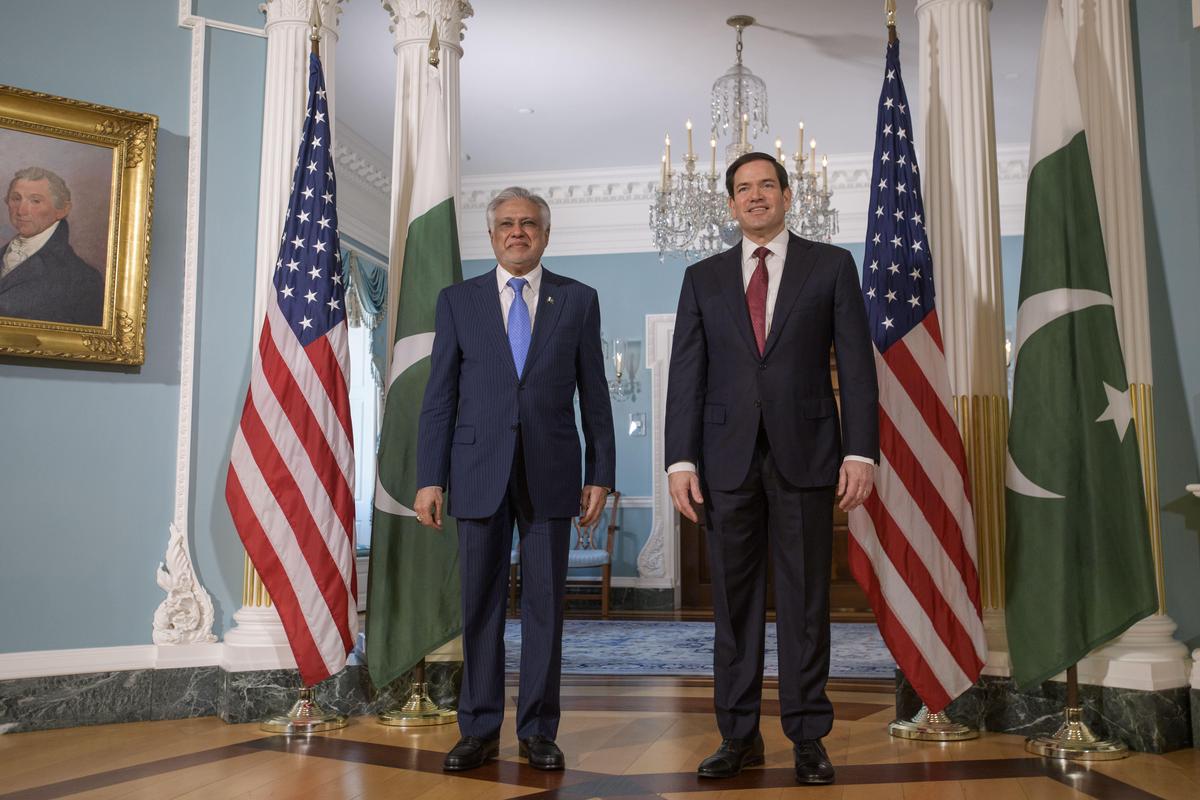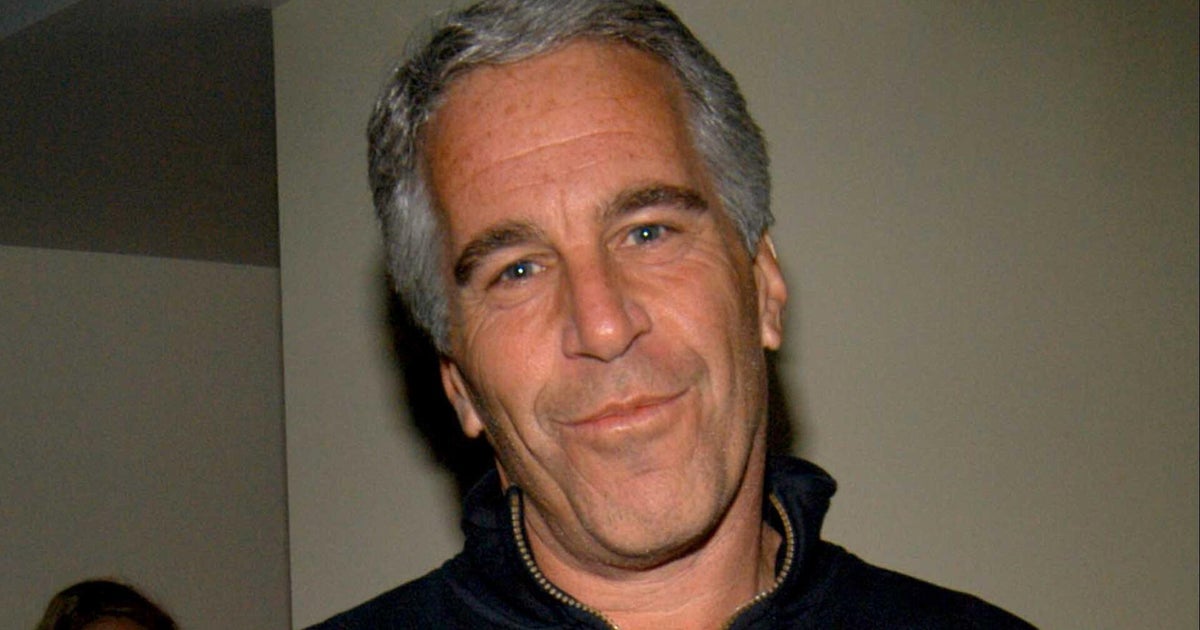U.S. Boycotts G20 Meeting in South Africa Amid Land Dispute and Racial Tensions
In a significant diplomatic move, U.S. Secretary of State Marco Rubio has confirmed that he will not be attending the upcoming G20 foreign ministers meeting in South Africa, scheduled for February 20-21 in Johannesburg. The decision follows remarks made by former U.S. President Donald Trump, who threatened to cut off U.S. funding to South Africa, citing what he believes to be racially discriminatory policies regarding land expropriation.
South Africa holds the G20 presidency until November, and its upcoming foreign ministers meeting was expected to be a key platform for discussions on global challenges, including climate change, economic equality, and international solidarity. However, tensions between the United States and South Africa have surfaced, primarily over the country’s controversial land reform laws and what some see as racially biased ownership practices.
Trump’s Accusations and the U.S. Response
President Trump took to social media earlier this week to level harsh criticisms against South Africa, claiming that the government has been systematically confiscating land from private owners. Without providing specific evidence, Trump asserted that this policy is disproportionately affecting white South Africans and harming the country’s economy. His rhetoric mirrors earlier remarks by South African-born billionaire Elon Musk, who has also voiced support for the idea that South Africa’s laws unfairly target white property owners.
Trump’s accusations are not just about land but also about what he sees as the broader racial and economic injustices being enacted by the South African government. He has argued that South Africa is using its land expropriation policies to further an agenda of racial favoritism, even going as far as accusing the country of promoting openly racist ownership laws that prioritize black South Africans at the expense of white landowners.
South Africa’s Defense and Domestic Context
In response, South Africa’s President Cyril Ramaphosa has vigorously defended the country’s land reform policies, stating that they are crucial to addressing the historical injustices faced by the black majority during the apartheid era. Under apartheid, land ownership was heavily skewed in favor of the white minority, leaving black South Africans dispossessed of vast swathes of their ancestral land. Today, white landowners still control the majority of South Africa’s farmland, while only a small fraction is owned by the black population, despite making up over 80% of the total population.
To rectify this imbalance, the South African government has introduced a range of land reform initiatives, including legislation that allows the state to expropriate land in the public interest. The goal is not to confiscate land arbitrarily, but to redistribute it in a way that ensures fairer access for historically disadvantaged groups. President Ramaphosa emphasized that these policies are aligned with international norms, particularly those involving land expropriation for public use, a principle widely recognized in many countries under laws similar to the U.S. concept of “eminent domain.”
The Role of Diversity, Equity, and Inclusion (DEI)
A significant part of the U.S. criticism centers on the South African government’s emphasis on Diversity, Equity, and Inclusion (DEI) policies, which Rubio and other U.S. politicians see as a potential threat to merit-based systems. DEI initiatives have been a point of contention in U.S. politics for years, particularly under the Trump administration, which sought to dismantle such programs across federal agencies. DEI, aimed at promoting fairness and representation for marginalized groups, has faced growing opposition from some conservative circles, who argue that these policies create reverse discrimination and undermine individual merit.
Rubio’s statements echo these concerns, with the Secretary of State framing South Africa’s approach to social and economic equity as a harmful political agenda. He expressed disappointment that the G20 forum, which aims to foster international cooperation, is being used to promote policies he sees as promoting “solidarity, equality, and sustainability” at the expense of merit and fairness. Rubio’s comments further align with Trump’s broader critique of DEI, which the former president has described as anti-meritocratic and divisive.
Elon Musk and His Role in the Dispute
Adding another layer to this complex situation is Elon Musk, the South African-born billionaire and CEO of companies like Tesla and SpaceX. Musk, who has had a close relationship with Trump, has also weighed in on the issue, criticizing South Africa’s policies. He voiced concerns that the country’s laws, which require foreign companies to offer a significant portion of their equity to historically disadvantaged groups, have hampered his company’s ability to operate within South Africa. Specifically, Musk’s Starlink satellite service has been denied a license to operate in the country, with negotiations dragging on for an extended period.
Musk’s criticism of South Africa’s land expropriation laws and economic policies, particularly their impact on foreign investors, further exacerbates the tensions between the U.S. and South Africa. His vocal support for Trump’s stance on these issues only serves to deepen the divide between the two nations on matters of race, land rights, and economic equality.
The Broader Implications
The political standoff between the U.S. and South Africa is emblematic of the broader global debate surrounding land reform, racial justice, and economic inequality. South Africa’s land expropriation policy, while controversial, is part of a larger effort to address deep-rooted inequalities that date back to the colonial and apartheid eras. In contrast, U.S. political figures like Trump and Rubio view these policies as a threat to individual property rights and fairness, citing concerns about racial favoritism and anti-meritocratic practices.
As the G20 foreign ministers’ meeting approaches, it remains to be seen how this diplomatic rift will play out. The absence of a U.S. representative at the table could signal a further fracturing of global consensus on critical issues such as land reform, racial justice, and economic development.
In the meantime, both South Africa and the United States face continued scrutiny over their respective domestic policies, with land ownership and DEI programs remaining key flashpoints in the ongoing debate over how best to address historical inequities.




